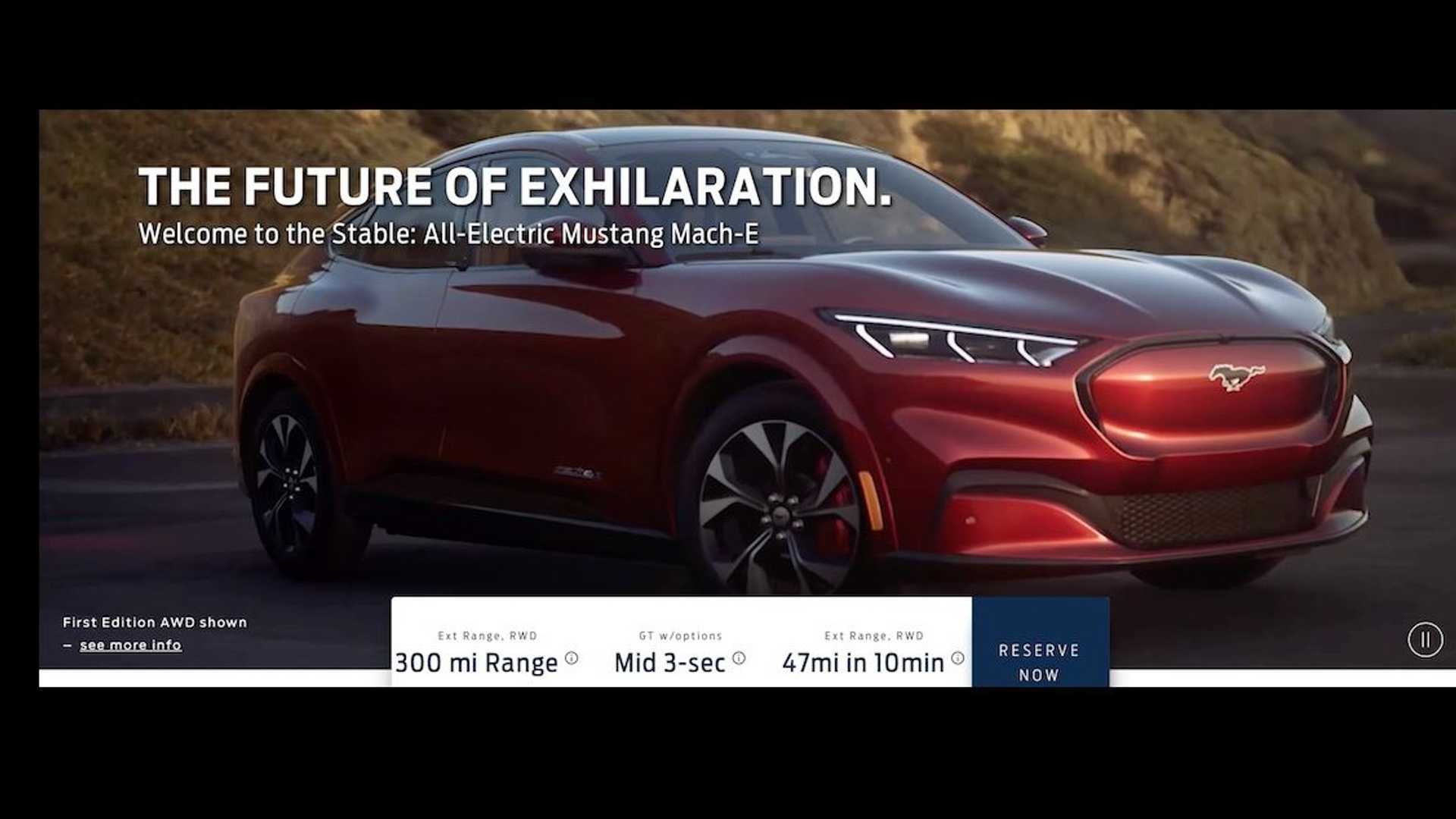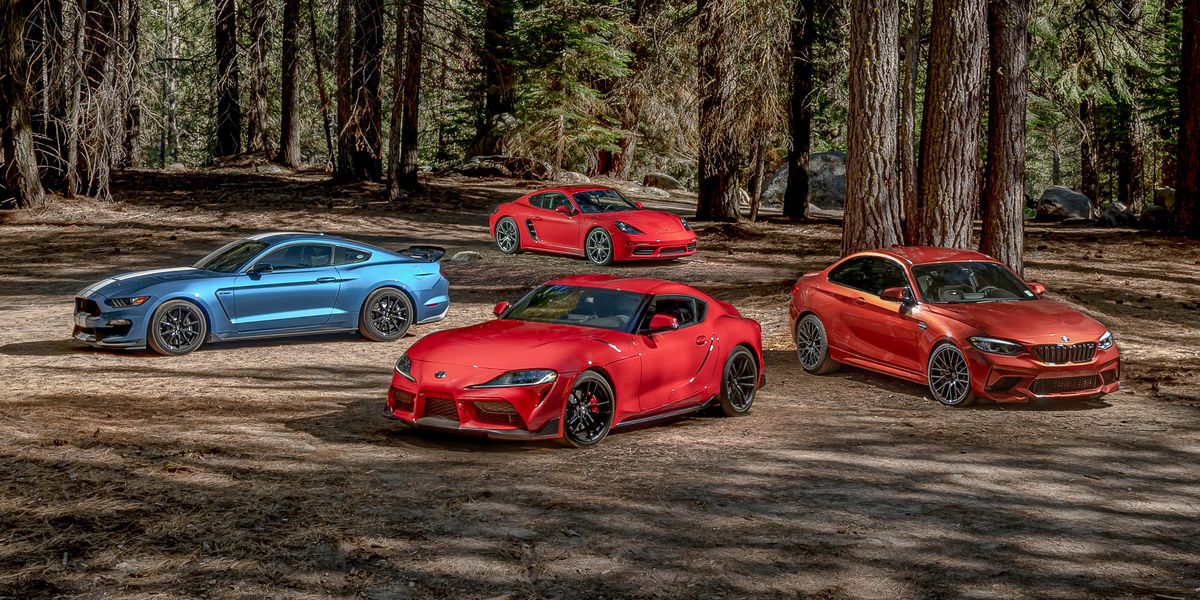Maybe they're not selling a lot BEV's because some of them are complete crap like @internalaudit said... Leaf (no TMS, rear torsion bar), ZOE (what a piece of crap, awful build quality, rear torsion bar), Kona (wtf are those interior materials... Seems worse than my fathers 1991 Corolla, just hard plastics everywhere, rear torsion bar)… And all of these almost double of price from regular cars... They should try building a proper one....
@Ian Schmidt , in my opinion Toyota's HSD is unmatched even today! They're clearly ahead of everyone. This being said, there was someone inside Toyota who believed on BEV's, I mean, it could be too expensive but they did build a BEV production version of the iQ in 2012... Maybe he got fired or retired I don't know...
Even their hybrid strategy could be a lot better, they needed 18 (1997) years to launch a hybrid sports car (Lexus RC) that's not available worldwide, they needed 25 years to do a hybrid supercar (GR Super Sports)... They're trying with the new dual hybrid strategy, but they needed 22 years to do it... Even the 500h engine, why isn't available for the RC?
If you think Toyota is slow with hybrids, what do you think of other companies that dont sell 5% of Toyota volume, hybrid wise?
I mean they will sell 2,000,000 hybrids in 2019.
Nobody else will sell 10% of that. They are constantly innovating them and improving them.
If you are not happy about that, then what can they do?
Realistically, TMC can not build car for everyone... I think it is perfectly acceptable to buy other brands. I drive A7 3.0 TFSI right now.


